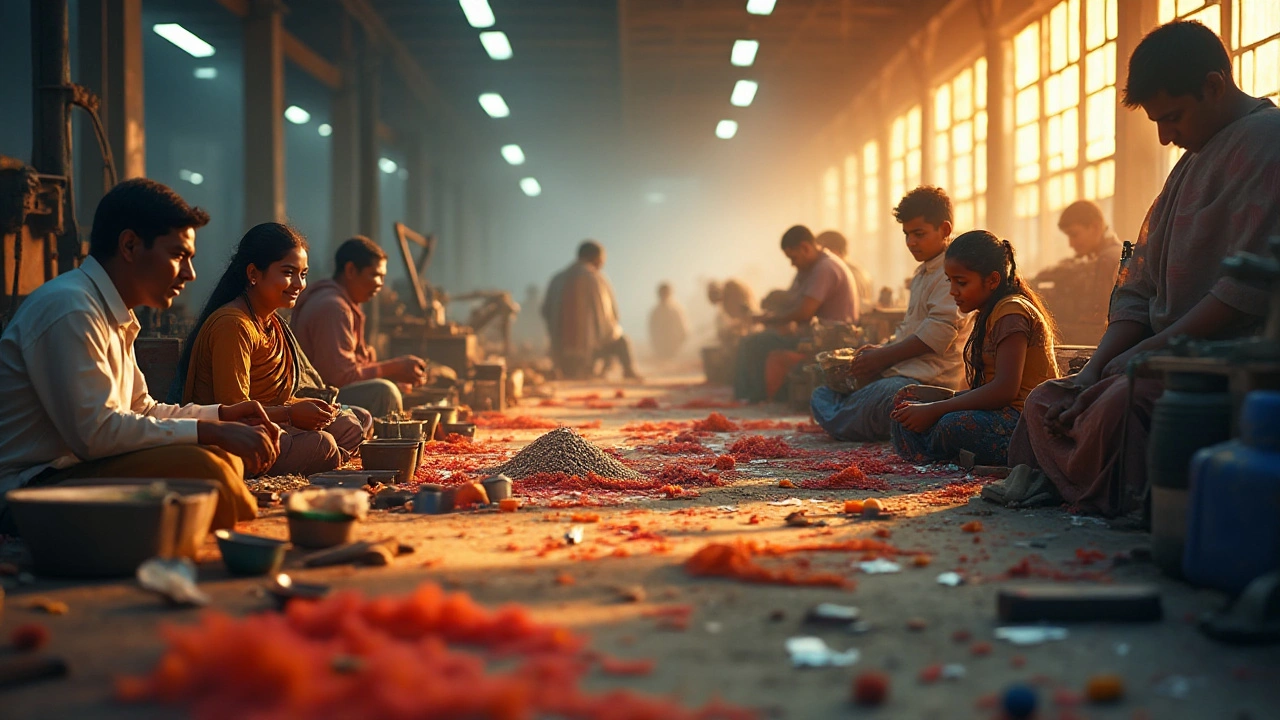Societal Impact of Plastic Manufacturing – What You Need to Know
Ever wondered how the plastic products you use every day affect the world around you? From grocery bags to vehicle parts, plastic manufacturing touches almost every aspect of modern life. But it also brings big challenges: waste that clogs oceans, energy‑intensive factories, and jobs that depend on the industry’s health. Understanding these impacts helps you make smarter choices and supports companies that are moving toward greener solutions.
Environmental Footprint: Plastic Waste and Pollution
Plastic waste is a headline grabber for a reason. Each year, millions of tons end up in landfills or float in waterways, harming wildlife and ecosystems. The biggest polluters aren’t just the users; factories that churn out single‑use items add to the load. When you hear stats about countries or companies wasting the most plastic, think about the whole supply chain – from raw material extraction to the moment a product is tossed. Reducing waste starts with designing products that can be reused, recycled, or safely broken down.
Economic and Social Dimensions: Jobs, Costs, and Communities
Plastic manufacturing isn’t just an environmental story; it’s an economic engine too. Factories create jobs, support local suppliers, and contribute to national GDP. However, the sector also faces rising material costs, labor shortages, and pressure to meet stricter regulations. Balancing profit with responsibility means investing in efficient processes, training workers for new technologies, and adopting circular‑economy practices. When a plant upgrades to low‑energy equipment, it can lower operating costs while cutting emissions – a win for the bottom line and the community.
What does this mean for you? First, look for products labeled as recyclable or made from post‑consumer material. Second, support brands that publish their environmental data – transparency shows they’re taking the societal impact seriously. Finally, consider the lifecycle of what you buy: longer‑lasting items often have a smaller overall footprint than cheap, disposable ones.
In short, the societal impact of plastic manufacturing is a mix of challenges and opportunities. By staying informed and demanding better practices, you help shape a future where plastic continues to serve us without costing the planet.
The Societal Ripple Effect of Local Manufacturing
Local manufacturing influences community development and economic growth in various ways. It fosters job creation, supports local economies, and encourages innovation. The positive societal impact includes increased sustainability and reduced environmental footprint. Understanding the connection between government schemes and local production sheds light on its broader societal implications.
